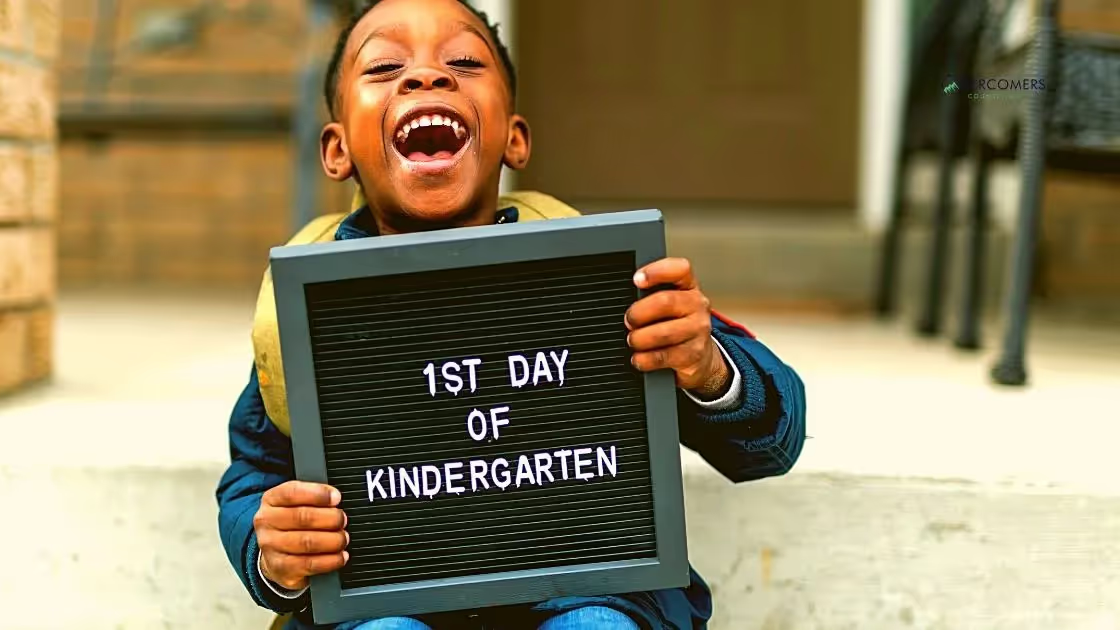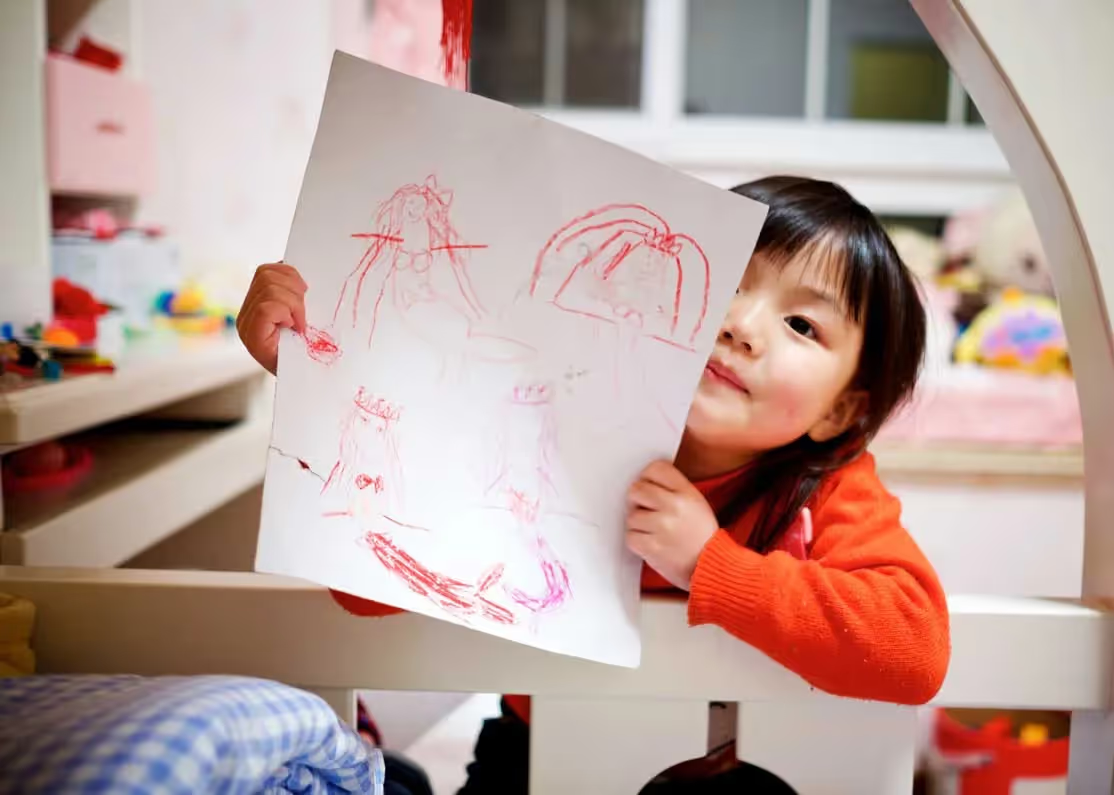The big transition from home to school is significant for both children and adults, and it's common to have mixed feelings as the big day approaches.With...

The big transition from home to school is significant for both children and adults, and it's common to have mixed feelings as the big day approaches.
With the summer winding down and school about to start, focus on simple strategies to help your child develop essential academic skills alongside other children.
You can take steps to ensure kindergarten readiness, easing your child's path into this exciting world.
Establishing good examples at home and understanding the role of teachers can make the transition smoother, paving the way for success as they advance towards first grade.
As the school starts and your child is about to start kindergarten, we're here to provide support as this new chapter of school approaches.
Have conversations with your child about what kindergarten will be like.
Describe the school building and its classroom, and tell them what they'll be doing during the day.
This will help them feel more comfortable with the idea of going to school.

There are tons of great children's books that deal with the topic of starting kindergarten.
Reading these stories together will not only be enjoyable, but it will also help your child better understand what they can expect.
If you know any other parents whose children will be in your child's kindergarten class, consider arranging playdates or sleepovers before the school year starts.
This way, your child will already have a few friends when they walk into the classroom on the first day of school.
Starting kindergarten is going to be taxing on your child both physically and emotionally, so it's important that they're well-rested before embarking on this new journey.
Make sure their sleep schedule is on track in the weeks leading up to school starting, and try not to stress them out too much with other activities during this time period.
For many children, being away from their parents is one of the hardest parts of starting kindergarten.
If you think your child might have trouble with separation anxiety, start practicing now. Begin by leaving them with a trusted family member or friend for short periods of time while you run errands or take care of business.
Gradually increase the amount of time you're gone until they're comfortable being away from you for several hours at a stretch.
Many kindergarten programs have registration deadlines months in advance. So if you haven't already, now is the time to get your child registered.
This will ensure that they have a spot in the program of your choice and that you're not scrambling at the last minute.
Plus, it will give you some peace of mind knowing that everything is all set for when the school year starts.
One thing your child will need to know how to do before starting kindergarten is how to dress themselves.
This includes being able to put on their own shoes, zipper their jackets, and tie any laces.
These may seem like simple tasks, but they can be surprisingly difficult for young children.
So take some time in the weeks leading up to kindergarten to teach them how to do these things. It'll save you some headaches in the morning and make getting ready for school a lot easier for both of you.

All children need healthy snacks and lunches to help them stay focused and engaged throughout the day.
And since kindergartners have notoriously short attention spans, it's even more important for them to eat healthy foods that will give them sustained energy.
So pack your child a lunch and snack that includes items like whole grain bread, fruits and vegetables, lean protein, low-fat dairy, and water.
And avoid sugary drinks and snacks as well as processed foods�they may give your child a quick burst of energy but it won't last long and they'll likely crash hard before lunchtime.
Kindergarten is when your child will really start learning how to read and write.
So in order to set them up for success, practice their ABCs and 123s at home as much as you can in the weeks leading up to kindergarten.
There are tons of fun ways to do this�you can sing songs together, play games, read books, or write letters in sand or shaving cream.
Just make sure that it's something that your child enjoys so that they're actually learning while they're doing it.
Check out our blog for more affirmations to help your child feel ready and confident.
Is it normal for my child to be scared of starting kindergarten?
Yes, it's perfectly normal for your child to feel scared or nervous about starting kindergarten. They're embarking on a new adventure and they don't know what to expect.
How can I help my child make friends in kindergarten?
One of the best ways to help your child make friends in kindergarten is to encourage them to be themselves. Let them know that it's okay to be different and that there will be other kids in class who are like them. Encourage them to join clubs or activities that interest them, and help them to practice social skills like conversation starters and sharing.
What should I do if my child is having a hard time in kindergarten?
If your child is having a hard time in kindergarten, the first thing you should do is talk to their teacher. They can give you insights into what's going on in the classroom and how your child is doing. You can also ask for advice on how to help your child at home.
If you feel like your child is struggling, you can also ask for a meeting with the school counselor or principal. They may be able to offer additional support or resources.
Beginning kindergarten is a big milestone for both kids and parents alike. It's normal to feel some anxiety as a parent as well as anxiety as a child about this transition, but there are steps you can take to help ease the process.
By talking about what to expect, reading books together, helping them make friends, and making sure they're well-rested, you can set your child up for a successful start to their school career!
You can teach your child persistence by modeling the behavior yourself, encouraging them to take risks, setting goals and tracking progress, praising effort, and providing support and guidance.